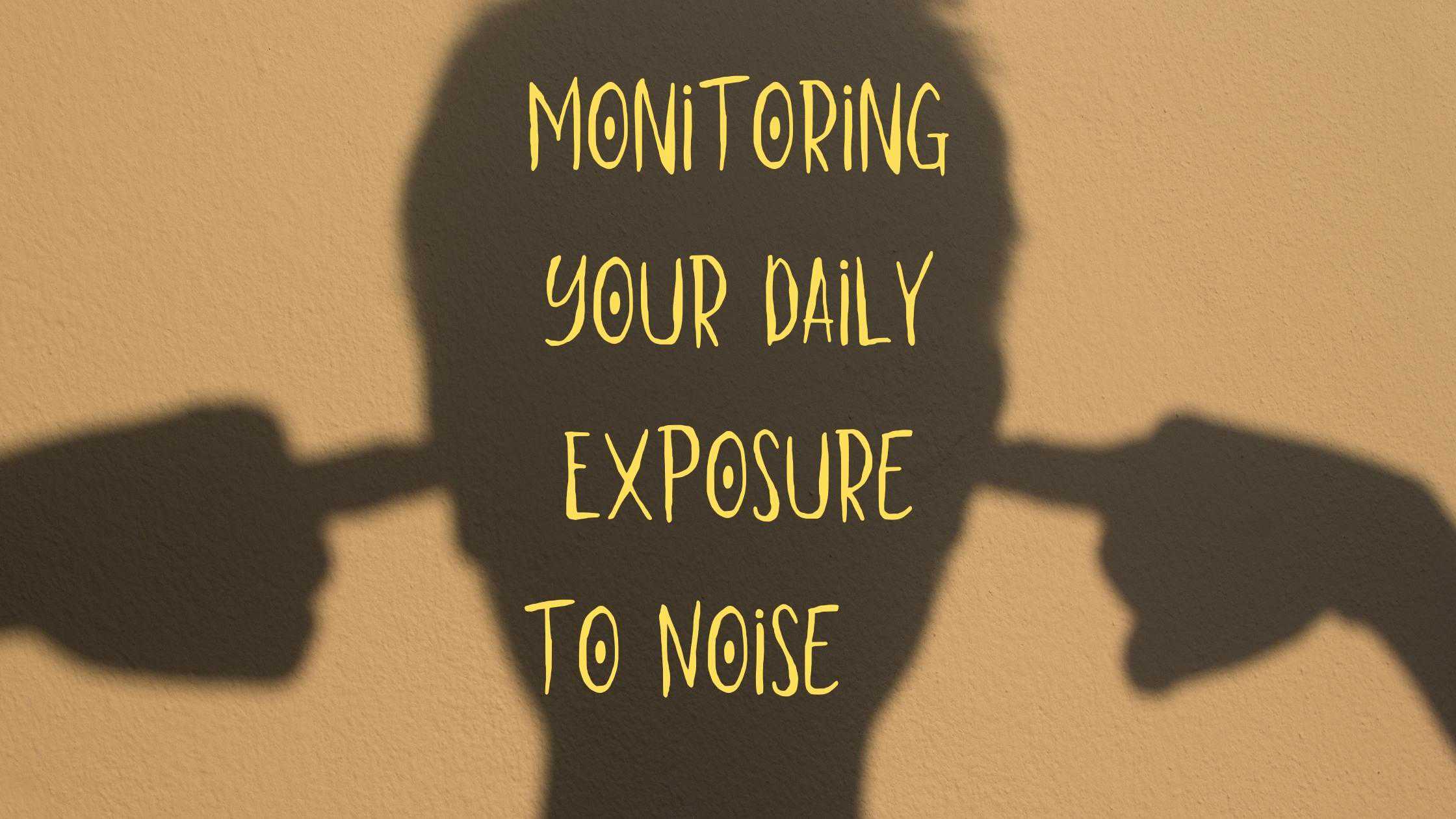
By far the most common cause of permanent hearing loss is based on our exposure to dangerously loud noise. Noise-related hearing loss can occur at any time in our life and its effects compound as we age. When we protect our hearing from very loud noises, we are also preventing hearing loss.
How Does Loud Noise Damage Hearing?
Your hearing is dependent on your auditory system, especially tiny “hair cells” that line the surface of the inner ear. These hair cells are delicate sensory cells which are able to respond to the vibration of a sound wave in the air and translate it into an electric signal sent to the brain. The brain then parses the meaning and direction of a sound based on the signals it receives.
The hair cells need to be very small and finely tuned to detect the nuances of incoming sounds. Unfortunately, this makes them especially vulnerable to damage. Worse still, the hair cells cannot repair or regenerate themselves unlike many other types of cell in the body. Once a hair cell is damaged, it can no longer perform its role in hearing and leaves a small gap in our ability to hear. If significant amounts of hair cells are damaged and taken out of commission throughout our life, the result is permanent hearing loss.
Hair cells can be harmed by many factors. Compromised circulation to the inner ear can starve them while serious infections can physically affect them. The most common form of damage however is from excessive noise. Excess noise pushes hair cells to their limit, with the large vibration of the sound straining the physical capacity of the sensory cell. The louder the sound and the longer the exposure, the easier it becomes to permanently damage the hair cell.
When Is Noise Too Loud?
In today’s busy and chaotic world, it can be hard to gauge when a sound has the potential to damage our hearing. In fact, many everyday noises and sounds we encounter at work may be hazardous to our hearing. Sound volume is measured in a unit called “decibels”, denoted as “dB”. In general, sound is safe to listen to at volumes of 75 dB or lower, which is about the volume of an alarm clock or washing machine.
At volumes above 75 dB, our hearing can sustain damage if it is not protected or rested. The louder the sound, the quicker damage can occur. For a volume of 85 dB, about the sound level of a factory floor, hearing is damaged after 8 hours of exposure. This is why workplace hearing protection is so important in a loud sound environment.
At louder volumes, hearing injury occurs far quicker. Every 3 dB above 85 dB actually halves the safe exposure time. As such, 95 dB – about the volume of a motorcycle- causes hearing damage in under an hour. A concert at 105 dB can only be safely listened to without hearing protection for under 10 minutes. Volumes above 120 dB, such as gunshots, fireworks and some construction equipment cause instant hearing damage and at volumes greater than 125 dB physical pain can also result.
Preventing Noise-Induced Hearing Loss
Noise-induced hearing loss is the most common cause of hearing loss, but it is also the most preventable. Taking care of your hearing means recognizing loud noises and protecting yourself from overexposure to dangerous noise levels.
Do you recognize hazardous noise levels in your daily life? Everyday generators of excess noise include traffic and transportation, home appliances and lawn care equipment, home theaters and video games. Using headphones without carefully monitoring the volume levels can deliver dangerous noise directly to your ear. Entertainment events like concerts, sports, hunting and even dining out can expose you to harmful noise levels.
One easy way to monitor the sound levels around you is by installing a decibel meter app on your smartphone. This can be a handy way to quickly assess the noise risk in your surroundings and protect your hearing accordingly. The best way to prevent noise-related hearing loss is to limit your exposure to loud noise and to wear hearing protection when you are in environments over 85 dB. Custom reusable hearing protection from your hearing specialist can be a handy way to always have a solution close at hand.
